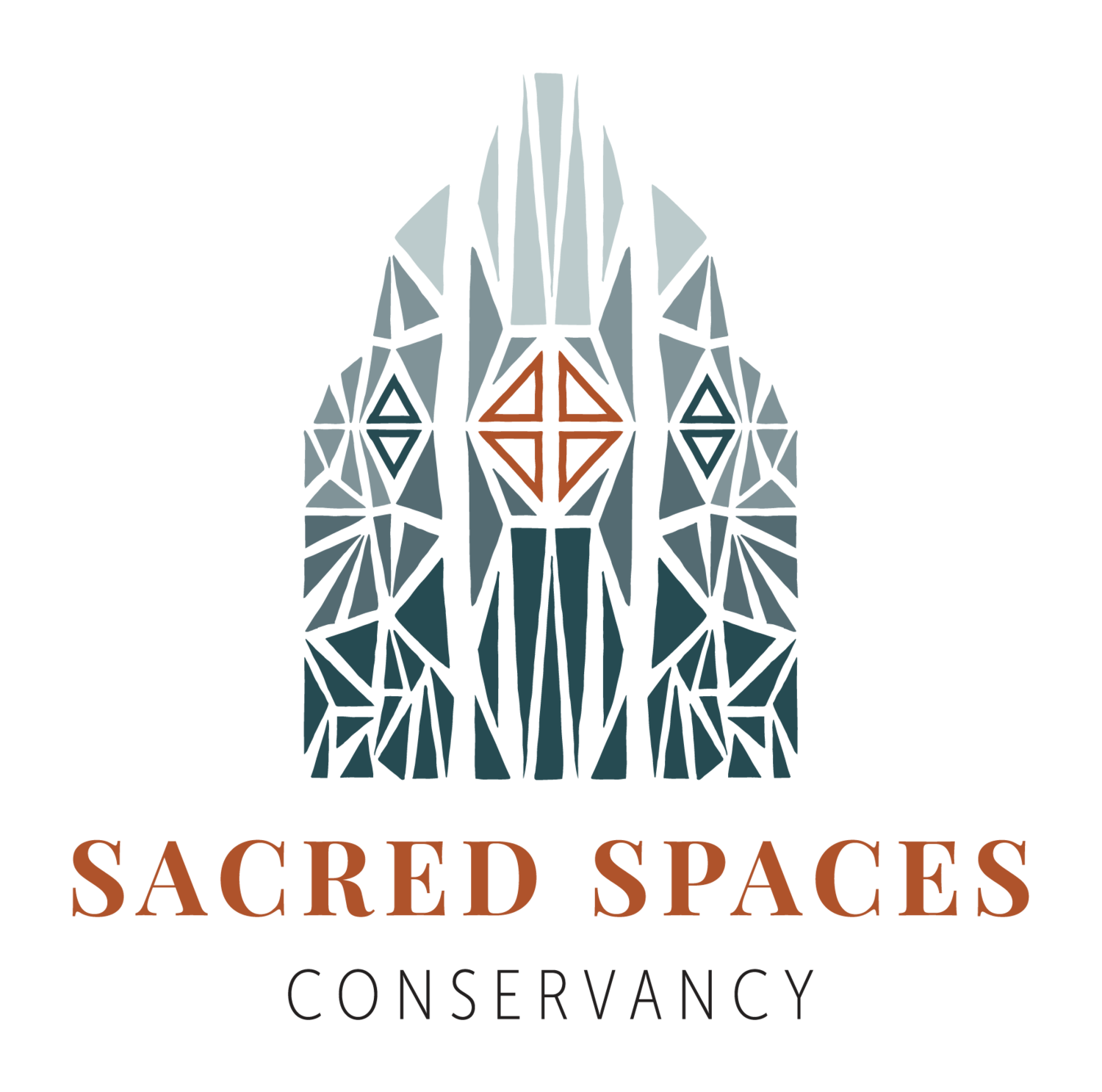Third Spaces
In his 1989 book The Great Good Place, Ray Oldenberg describes the "third space" (or "third place") as a gathering place at which people from various social, economic, racial and political backgrounds can interact with one another. Third spaces root people, give them an identity outside of their home and work and are essential to the formation of relationships outside of the home or amongst coworkers; they allow people to be known and to participate in the life-giving experience of community. Not only this, the third space serves as an anchor for individuals and for communities as they encourage interaction and socialization. Multiple studies have found, for example, that violence decreases, local philanthropy increases and personal health improves when people are engaged in community.
In the increasingly-privatized lives of DC's residents, the loss of a greater sense of community, unity and dependency on one another is palpable. Neighbors often know very little about each other. Social gatherings rarely attract people across varying socio-economic and racial lines. Few people truly experience the social and emotional support they innately crave. Partnered with the reality of more and more communal gathering spaces in the city disappearing, residents are becoming more and more segregated and isolated.
One thing is clear: the city desperately needs more third spaces, not less.
Like the cafes of France or the barber shops of Brazil, buildings of worship have long served as third spaces throughout the United States. Fellowship halls have hosted an untold number of dinners and celebrations where people have gathered to "do life" together. Sanctuaries have been places where a community can gather for a neighborhood meeting or to participate in a discussion on one of the many important topics of the day. Classrooms have provided space to organize, even as other corners of a church have been a place of peace and rest for those wearied by the storm of life. DC's sacred spaces have been more than just bricks and mortar; they have been a place where community is developed, grown and flourishes. They have been- and must continue to be- third spaces.
“Nor is it a coincidence that the joie de vivre cultures of the world are those in which third places are regarded as just as essential as home and work. “Joy in living” depends upon peoples’ capacity to enjoy the company of those who live and work around them. Places to do this must be provided...”

